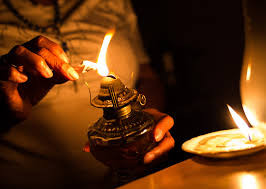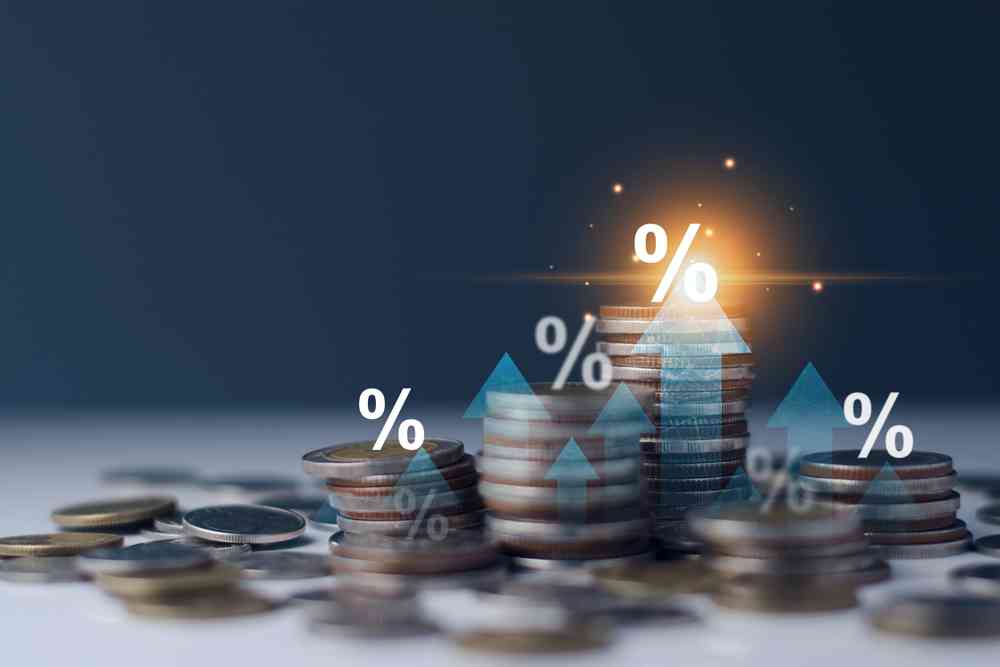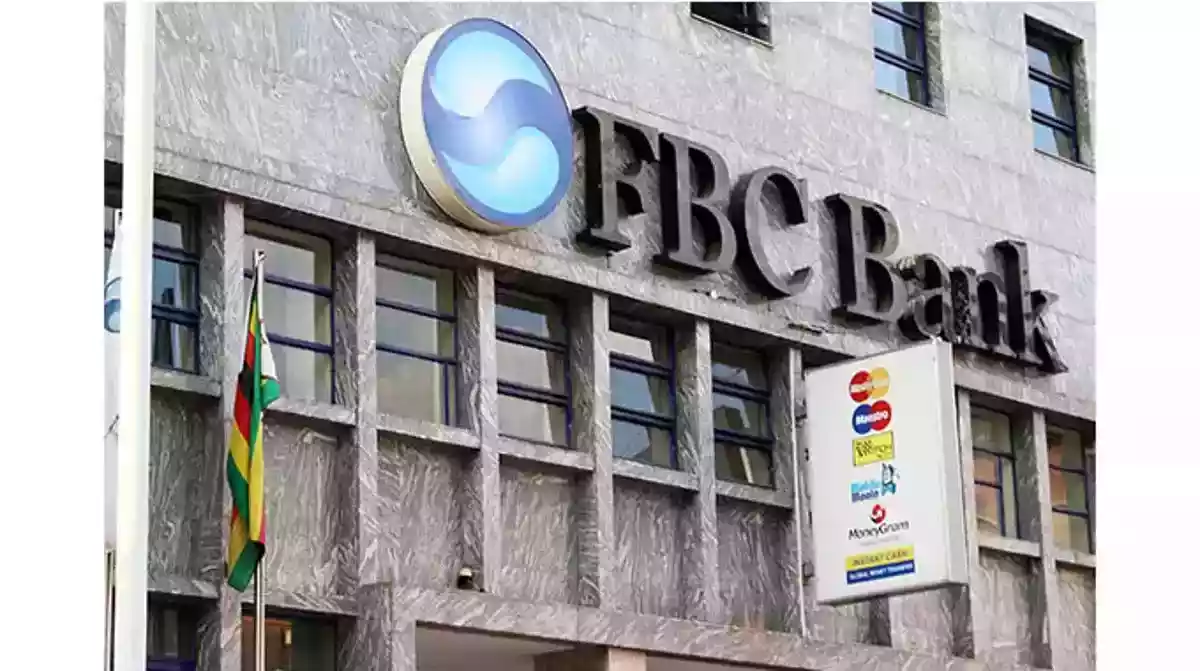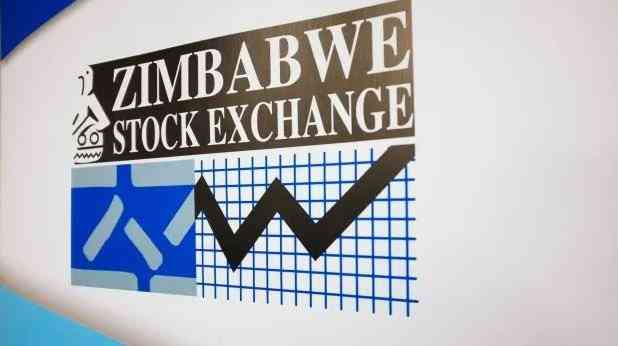
POWER deficits are expected to persist until 2030 due to insufficient installed capacity to meet local demand, resulting in considerable load shedding, a Cabinet minister stated yesterday.
Finance minister Mthuli Ncube, while presenting the 2025 National Budget, noted that despite recent progress in expanding domestic electricity generation, Zimbabwe's electricity sector continued to face power supply deficits.
According to the World Bank, Zimbabwe's energy sector requires significant reforms to achieve sustainable financial viability and universal access to electricity.
“The situation continues to weigh down on production and the competitiveness of the economy. Energy demand from industry and the country’s thrust to end energy poverty in all communities is expected to increase electricity demand substantially in the medium term. This requires huge investments in the sector by all the relevant stakeholders,” he said.
During 2025, power generation is projected to increase by 10,6%, reaching 10 000 gigawatts (GW) against projected demand of 19 000GW.
This power generation growth, according to him, will be anchored by expected reliable performance of Hwange Power Station’s Units 7 and 8, as well as expected additional output from renewable energy from independent power producers (IPPs).
“Despite this substantial growth in electricity generation, a significant power deficit is expected to persist in the medium-term to 2030. Notwithstanding, the government will continue to facilitate access to electricity through cost-effective and sustainable rural electrification projects,” he said.
Ncube said the government would continue to support renewable energy IPPs through agreements to facilitate financial closure.
- Power crisis: It can’t be business as usual
- Power crisis: It can’t be business as usual
- Zim’s power crisis rooted in poor planning and wrong priorities
- ‘Zim seated on huge renewable energy resources’
Keep Reading
Government is also encouraging large electricity consumers to invest in the generation of their own energy needs.
“The two interventions have the potential to add more than 1 500MW to the national grid in the short to medium term,” he said.
The 2025 National Budget allocated ZiG259,8 million to the Ministry of Energy and Power Development to facilitate investment in power generation, transmission and distribution network, as well as rural electrification.
During 2024, an amount of US$3,5 million was disbursed by development partners towards the energy sector.
Next year, the support is expected to reach US$12,4 million.
Rehabilitation projects were financed by the African Development Bank, World Bank, Sweden and the European Union at the spillway gates of the Kariba dam complex.










